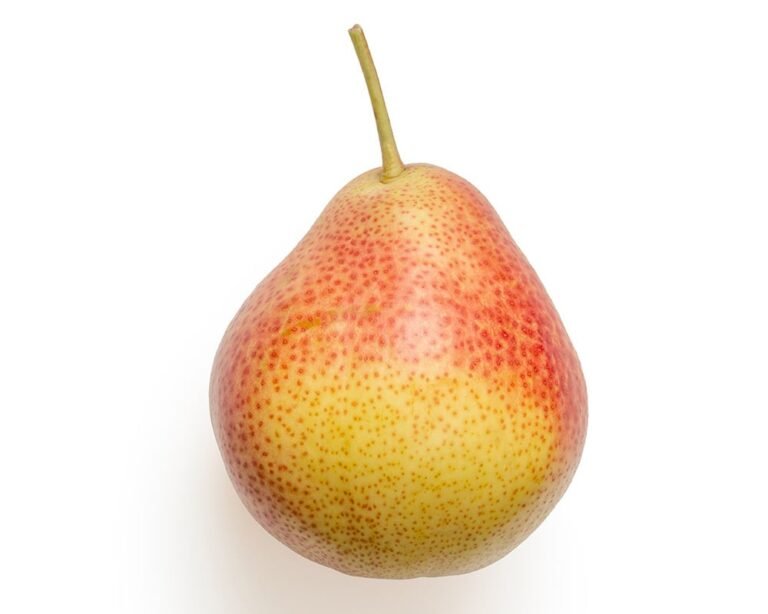Verb: réussir
The French verb “réussir” means “to succeed,” but it can also mean “to achieve,” “to carry off (something) successfully,” “to win,” or “to pass (an exam).”
Etymology:
The word “réussir” was borrowed in the early 16th century from the Italian verb “riuscire,” meaning “to re-issue” or “to go out again.” The Italian “riuscire,” is made up of “ri” or “re,” meaning “back” or “again,” plus the verb “uscire,” meaning “to go out.” It comes from the Latin “exire,” meaning “to go out.” The Italian verb resembles the Old French “reissir,” meaning “to go out again.” However it is the Italian verb that is the origin of “réussir,” not the Old French verb, surprisingly.
Examples:
- “Il a réussi dans sa carrière.” (He succeeded in his career.)
- “Ils veulent réussir dans le monde des affaires.” (They want to succeed in the business world.)
- “Nous avons réussi à résoudre le problème.” (We succeeded in solving the problem.)
- “Il a réussi à atteindre le sommet de la montagne.” (He succeeded in reaching the top of the mountain.)
- “Elle a réussi à élever des enfants heureux et en bonne santé.” (She succeeded in raising healthy, happy children.)
- “Il a réussi ses examens.” (He succeeded in his exams.)
- “Elle veut réussir ses études.” (She wants to succeed in her studies.)
Conjugation in Present Tense:
- Je réussis (I succeed)
- Tu réussis (You succeed, singular)
- Il/elle/on réussit (He/she/one succeeds)
- Nous réussissons (We succeed)
- Vous réussissez (You succeed, formal or plural)
- Ils/elles réussissent (They succeed)
Conjugation in Passé Composé:
The passé composé is formed with the auxiliary verb “avoir” and the past participle “réussi.”
- J’ai réussi (I succeeded)
- Tu as réussi (You succeeded, singular)
- Il/elle/on a réussi (He/she/one succeeded)
- Nous avons réussi (We succeeded)
- Vous avez réussi (You succeeded, formal or plural)
- Ils/elles ont réussi (They succeeded)






